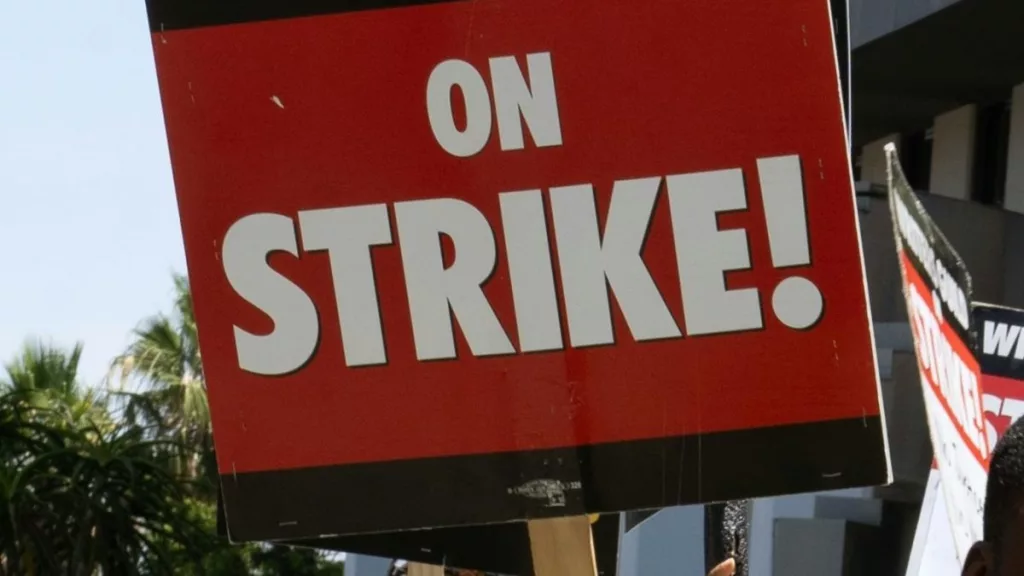OLYMPIA, WA – This month, a number of new state laws took effect in Washington that impact both employers and their employees. Other recently passed laws impacting employment kick in Jan. 1, 2026.
The Association of Washington Business held webinars last week to help employers navigate the complicated changes.
Seattle employment law compliance attorney Deidra Nguyen led the webinar.
“It was a bit of a mixed bag and let’s be honest, [there was] a fair bit of bad news on behalf of employers,” she said in opening remarks. “From the employer perspective, there will be a number of challenging developments that are going to make your life a little bit more difficult.”
She started with changes to Washington’s Paid Family Medical Leave Act.
House Bill 1213 expands job protection rights, reduces the minimum increment of time off from eight consecutive hours to four consecutive hours, and broadens health insurance coverage requirements, among other miscellaneous changes.
“It’s being phased in and will soon impact smaller employers,” Nguyen said. “Starting Jan 1, 2026, the threshold is changing for the number of hours that employees have to work.”
There is one good change for employers, according to Nguyen
“If an employee is taking FMLA [Family Medical Leave Act] and they’re eligible for PFML but they didn’t apply for and receive PFML, there’s a process where we get to say, ‘Hey, employee, it’s your choice whether to file or not but choices have consequences and if you’re not going to file for PFML for this leave where you very well could … the result is the time you’re taking is FMLA and that’s going to be subtracted from how much protection you get under the Washington Paid Family Medical Leave program,” she said. “So, this is an attempt to incentivize employees to use those benefits concurrently.”
Starting Jan. 1, 2026, Senate Bill 5101 expands protections under the Domestic Violence Leave Act to employees who are, or whose family members are, the victims of hate crimes.
“I’ll be curious to see how many employees are seeking to take leave related to hate crimes. I hope not many. This is an unpaid leave of absence that employees get to take. It’s a reasonable amount of time. If you ever figure out what reasonable means under the law, let me know,” Nguyen said.
She explained that employees taking time off for a hate crime incident must use paid sick leave.
“So maybe that’s a little bit of an incentive to come back to work, because it doesn’t have a pay component. But, as I said, there is a consequence to paid sick leave use,” Nguyen noted. “It almost needs a different name because paid sick leave can be used for so many different things.”
She explained that time off to care for a “family member” has also been expanded.
“This is a theme that we’re seeing across lots of laws to really recognize that family member means, in some families, in some homes, much more than just kind of your traditional or nuclear family members. So here there’s coverage for an individual who regularly resides in the employee’s home or there’s otherwise a relationship that creates the expectation that the employee will care for that person, and that person is dependent on the employee for care,” Nguyen explained.
Under House Bill 1875, employees can, as of Sunday, use accrued sick leave to participate in immigration proceedings involving themselves or a family member.
“I think this fits in with a theme that you may have heard around the time of the new administration coming in, in which is we see protections roll back at the federal level, so we’re probably going to see state legislators and city officials roll up their sleeves to do more to protect their residents and employees, and that is certainly the case in this particular area,” Nguyen said.
Senate Bill 5501, also in effect as of Sunday, prohibits employers from including in a job posting a requirement that a worker possess a valid driver’s license, unless the job requires the individual to drive as part of their job duties.
“We are not, as employers, allowed to require applicants to have a valid driver’s license as a condition of employment, or to include it on a job posting, unless driving is an essential function of the position,” Nguyen reiterated. “Now, I have had a number of clients say it’s really important they get to work on time, so that’s why I want them to have a valid driver’s license … that might make perfect business sense. That’s not going to pass muster under the law anymore.”
One of the most hotly debated bills concerning employment law during the 2025 session also became law on Sunday.
Senate Bill 5041 allows striking workers to receive unemployment insurance benefits for up to six weeks. Workers become eligible for benefits the second Sunday following the first date of the strike.
“Striking workers who are on strike or are locked out now will have the ability to qualify for unemployment benefits,” Nguyen said. “So think about some of these big strikes that we’ve had recently in Washington, and how different those might have gone if employees had been eligible for unemployment benefits? The length of time for which they can get benefits is a little bit shorter if they’re on strike as opposed to a lockout.”
Nguyen said Washington lawmakers agreed to reassess the law, but not until 2035.
“I think that’s an opportunity to basically check our pockets and our coffers. Like, how are we doing? Could we afford this or not? You know, Washington has passed some other programs that turned out to be not affordable,” she said.





